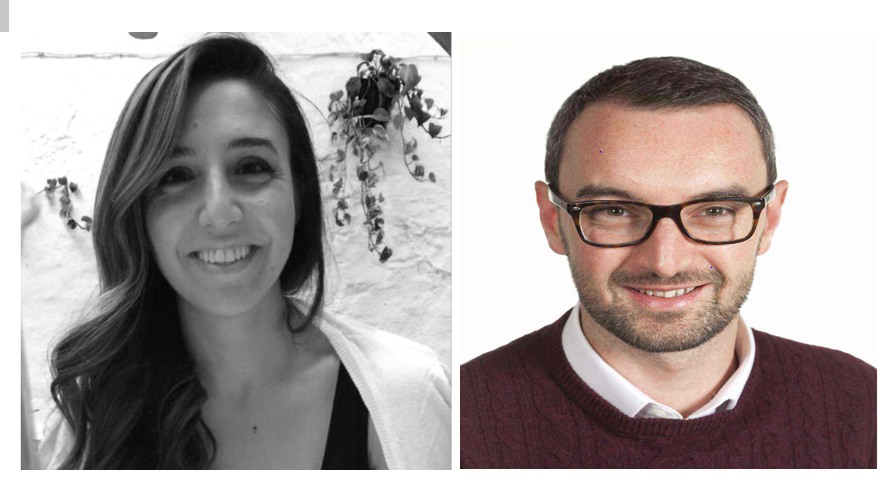Supporting families with decisions during COVID-19

ENRICHEnabling Research in Care Homes
GUEST BLOG
Supporting families with decisions during COVID-19
Dr Nathan Davies is Senior Research Fellow at University College London (UCL) and an Alzheimer’s Society Junior Fellow. His current work involves family carer decision making, hydration and nutrition, and comfort/discomfort on acute hospital wards at the end of life. Dr Nuriye Kupeli is an Alzheimer’s Society Fellow at the Marie Curie Palliative Care Research Department, UCL. Her work focusses on family carers’ experiences of compassion while caring for someone living with dementia and its impact on carer wellbeing.
In this guest blog Nathan and Nuriye discuss the development of a document designed to help carers when making difficult decisions about care and end of life care. It also provides a variety of information including the signs and symptoms of COVID-19 which may be different for older people, and the legal aspects of making decisions. There is also an interactive booklet for carers to write questions they might like to ask health care professionals.

Supporting families with decisions during COVID-19
People with dementia and their families have been severely affected by the COVID-19 pandemic. In England and Wales a third of people who have died from COVID-19 were living with dementia. Many people living with dementia in a care home or at home (with or without family) lack the capacity to make their own decisions. This means decisions about their care and treatment may need to be made by their family carer and professionals.
Decisions may include emotive and significant decisions about end of life care. Patients who have COVID-19 are likely to experience a rapid deterioration and therefore families may need to make these decisions fairly quickly with limited support.
We know family carers often struggle to make decisions about care and in particular they struggle with decisions about end of life care. These feelings are heightened now in this strange COVID-19 era we find ourselves living in. Families will be seeing and hearing frightening stories on the news and struggling to know what is the best thing to do to support and help their relative.
At the start of the pandemic we saw resources, services and healthcare staff stretched. Movement was restricted and many care homes were not allowing visitors into the home. As we reach the peak of a second wave we are starting to see this once again. It is clear families need support to help them if their relative became ill with decisions they may need to make.
With this in mind we set out to develop a decision guide to help carers. Working with a group of health and social care professionals, family carers and a person living with dementia we have created a guide to support carers. The decisions focus on care at home, care in the care home and care in hospital. In particular we have included:
- How to manage care at home
- How to support your relative/friend in a care home
- What to do if they become unwell
- Should they go to hospital?
- How to keep in touch if you can’t visit
In the document we provide a variety of information including the signs and symptoms of COVID-19 which may be different for older people, and the legal aspects of making decisions. We bust some myths about what support options are available at home. We also consider the benefits and advantages of different options of care including going into hospital. Importantly this is all underpinned by asking family carers to think about their own wishes and most importantly the views and wishes of the person with dementia and the family, by considering any prior advance care plans made.
This is an interactive booklet with space for carers to write in their answers and allow a chance for them to articulate their options and ideas, reflect and make a decision with health care professionals. There is also space for them to write a list of questions which they want to ask of healthcare professionals or someone they trust.
The guide finishes by reminding carers to also look after themselves during this difficult time and information about where they can get more support.
This guide has been widely shared and is freely available online. It has been implemented as part of NHS England and NHS Improvement Dementia COVID-19 Pathway.
The latest version of the decision guide is available now from: https://www.ucl.ac.uk/psychiatry/decision-guide
For more information please do get in touch with us: n.m.davies@ucl.ac.uk